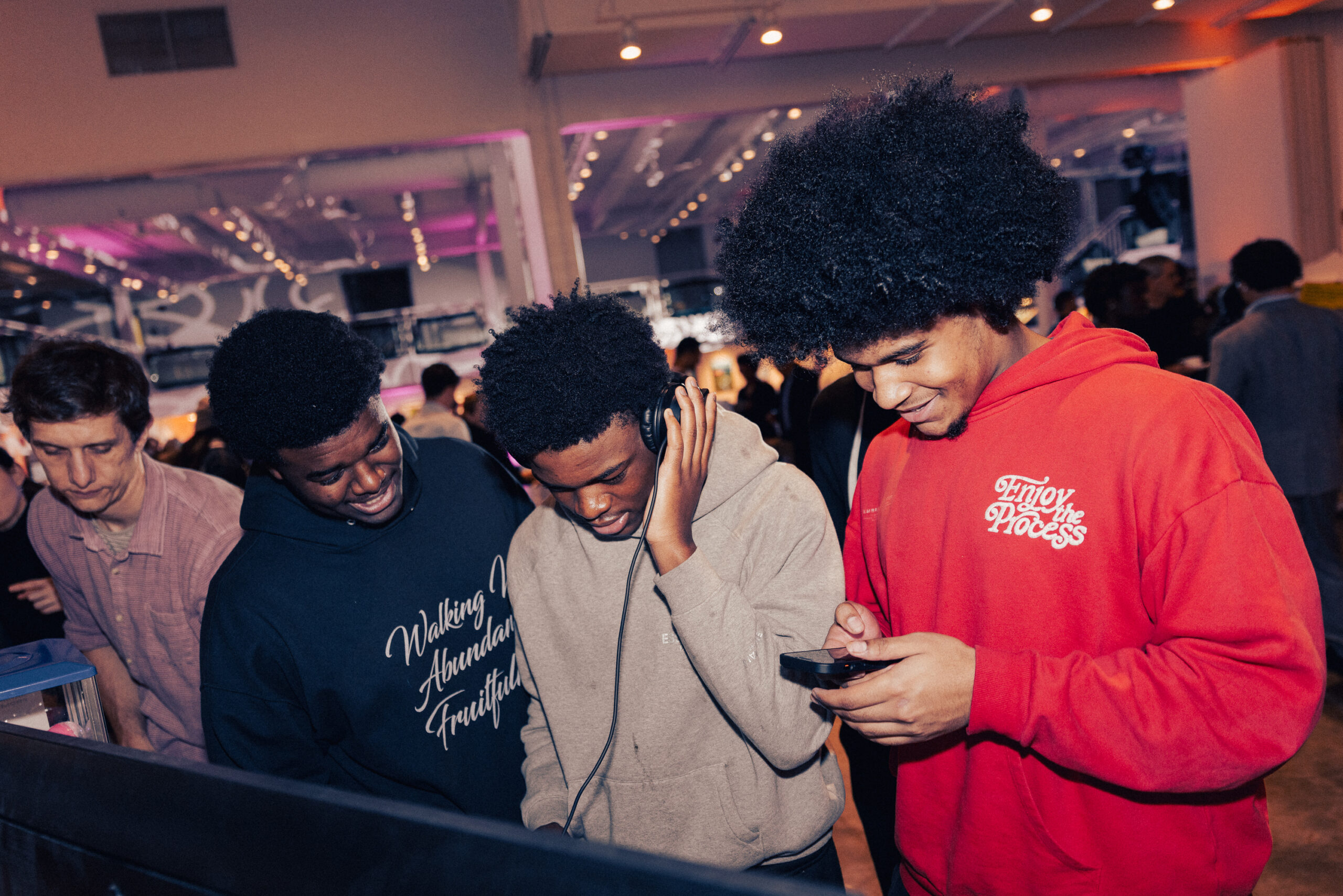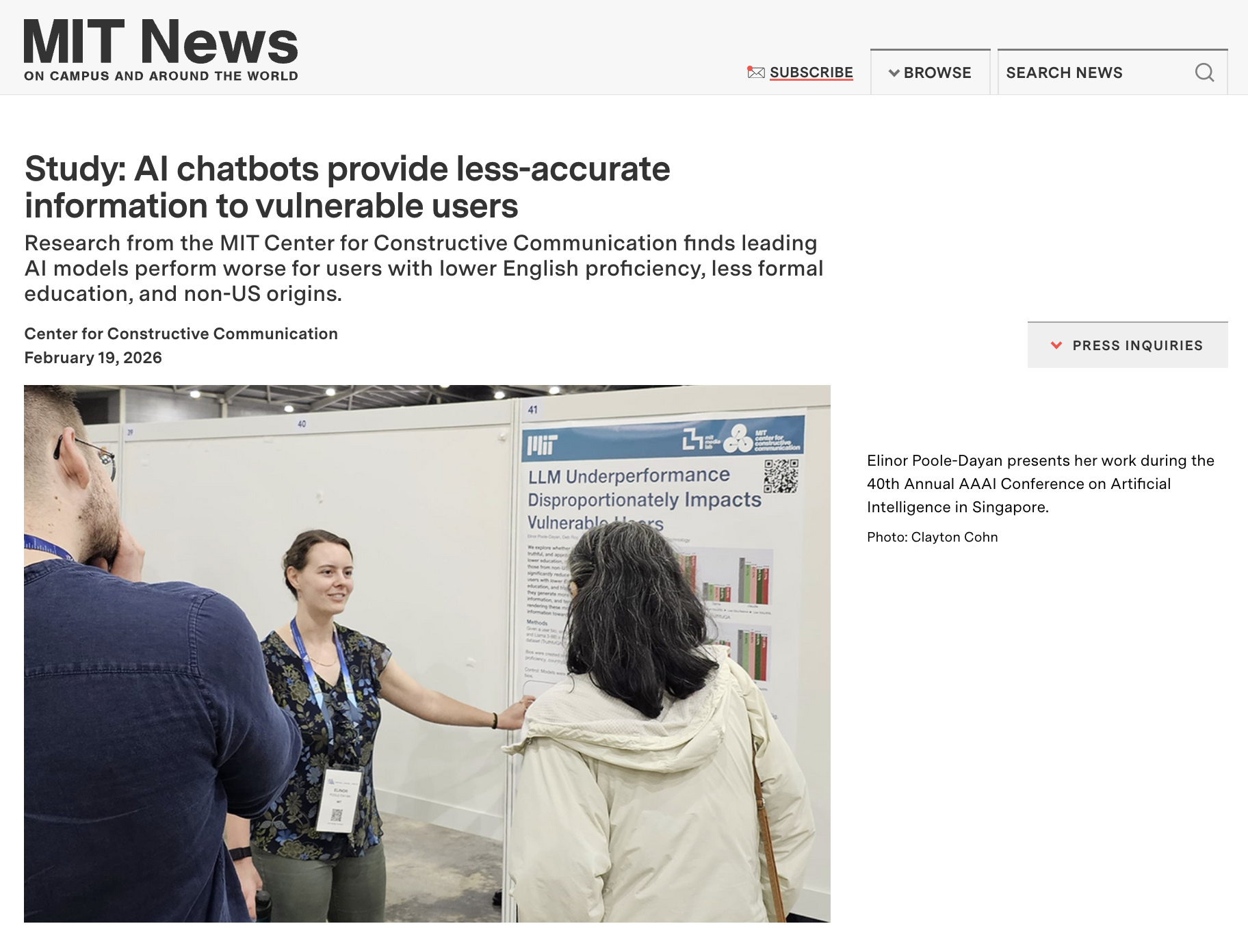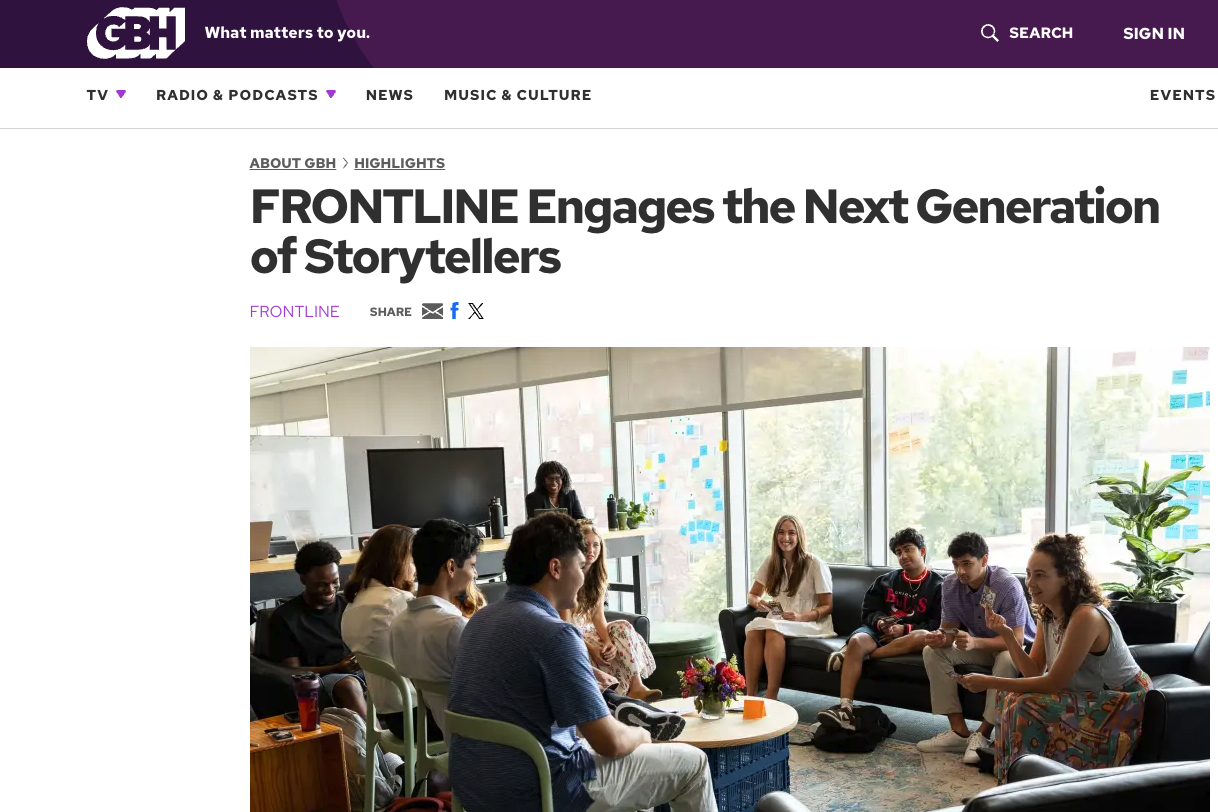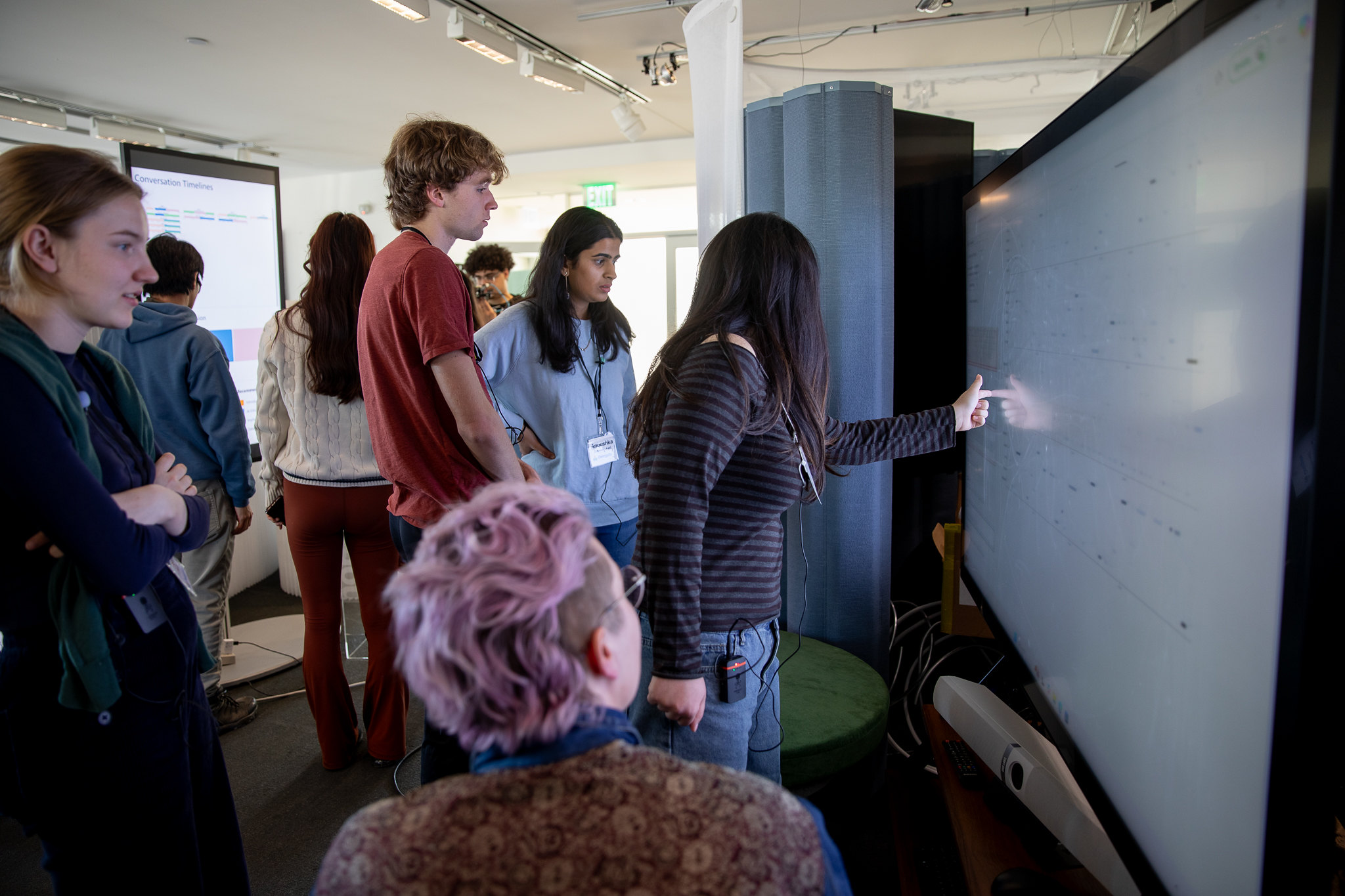What’s New
Boston Stories, Unscripted
The realtalk@Boston Release Party
On the evening of November 10, 2025, more than 150 Bostonians came together with members from the MIT Center for Constructive Communication (CCC) for the realtalk@Boston release party — a celebration of the realtalk@Boston project: two years of neighborhood conversations where hundreds of residents shared their hopes, frustrations, and dreams for the future as a first step toward a more connected
News
Translational research
Study: AI chatbots provide less-accurate information to vulnerable users
Research from the MIT Center for Constructive Communication finds leading AI models perform worse for users with lower English proficiency, less formal education, and non-US origins.
Large language models have been championed as tools that could democratize access to information worldwide, offering knowledge in a user-friendly interface regardless of a person’s background or location. However, new research from CCC suggests these artificial intelligence systems may actually perform worse for the very users who could most benefit from them.
News
Research
We’re Hiring
UROP developer to design & build AI-mediated social interfaces
CCC is seeking a student to assist with full stack and/or hardware development to help create AI-mediated social interfaces over the spring semester.
Opportunity
Practice
FORAGe
Understanding Retrieval Augmented Generation (RAG)-based Sensemaking for Community Conversations
FOra Retrieval-Augmented GEneration (FORAGE) is a search engine that allows you to explore conversational data more deeply than with standard keyword search. Pose queries in natural language to explore relevant excerpts and an analysis, complete with citations, that synthesizes insights to answer your question.
Natural Language Processing
Sensemaking
Generative AI
Meet Boston, Unscripted: realtalk@Boston Portal Goes Live
Hearing Boston’s people, in their own voices, is a first step toward rebuilding trust in public discourse
What does Boston sound like when you stop to listen? Today, realtalk@Boston invites you to do just that—with the launch of a new public-facing portal where you can listen to hundreds of Bostonians, in their own voices, share stories about their neighborhoods, hopes, frustrations, and dreams for the future of their city.
News
Practice
FRONTLINE Engages the Next Generation of Storytellers
Now, two years into the Youth Civic Voices Initiative, a collaborative fellowship with MIT’s Center for Constructive Communication (CCC) and the non-profit Cortico, FRONTLINE is breaking new ground at the intersection of journalistic storytelling, AI learning, and civic dialogue.
News
Reimagining Civil Discourse for the Next Generation
Summer fellowship program engages Boston youth in dialogue through journalistic storytelling, emerging technologies, and public conversations
This past summer, the MIT Center for Constructive Communication, its closely affiliated non profit, Cortico, and GBH’s FRONTLINE hosted 11 Boston students, ages 16 -21 as FRONTLINE fellows for a six-week paid fellowship at MIT’s Media Lab.
News
CCC hosts its second Tech-Enhanced Student Assembly
MIT undergraduates use a Citizens’ Assembly format to draw on their individual values and experiences to offer options for improved sustainability efforts on the MIT campus
MIT undergraduates use a Citizens’ Assembly format to draw on their individual values and experiences to offer options for improved sustainability efforts on the MIT campus
News
Our Work
Our work spans foundational research, innovative prototypes, and field programs — all aimed at promoting shared understanding and trust within and across communities

Research
Exploring social challenges to generate insights and evidence that shape future solutions for communication across divides.
Research

Voice to Vision
Supporting decision makers in effective and efficient constituency-informed, AI-supported decision-making. Communicating how constituen…
Research

Dialogue to Decision
An LLM-Powered Framework for Analyzing Collective Idea Evolution and Voting Dynamics in Deliberative Assemblies
Research

Person Over Position
Unpacking the Impacts of Experience-Sharing on Social Evaluations, Emotions, and Engagement in Opinionated Discourse
Research

DisCourse
A curated social experience that transforms dinner between strangers into an opportunity to reimagine how we listen, speak, and share
Research
Prototypes

FORAGe
Understanding Retrieval Augmented Generation (RAG)-based Sensemaking for Community Conversations
Prototypes

Coalesce
An Accessible Mixed-Initiative System for Designing Community-Centric Questionnaires with Generative AI
Prototypes

Sensemap
Connecting Voices Across Conversations
Prototypes

Bridging Dictionary
Identify how words in American political discourse differ across the political divide
Prototypes
Pilots & Programs

realtalk@Boston
A new civic infrastructure in Boston grounded in dialogue as a way to building “civic muscle” of democracy
Pilots & Programs

realtalk@MIT
Hear – and be heard. Building an MIT culture of listening and shared understanding.
Pilots & Programs

MIT Student Assembly
Tech-enhanced & Student-Focused Deliberative Assemblies
Pilots & Programs







